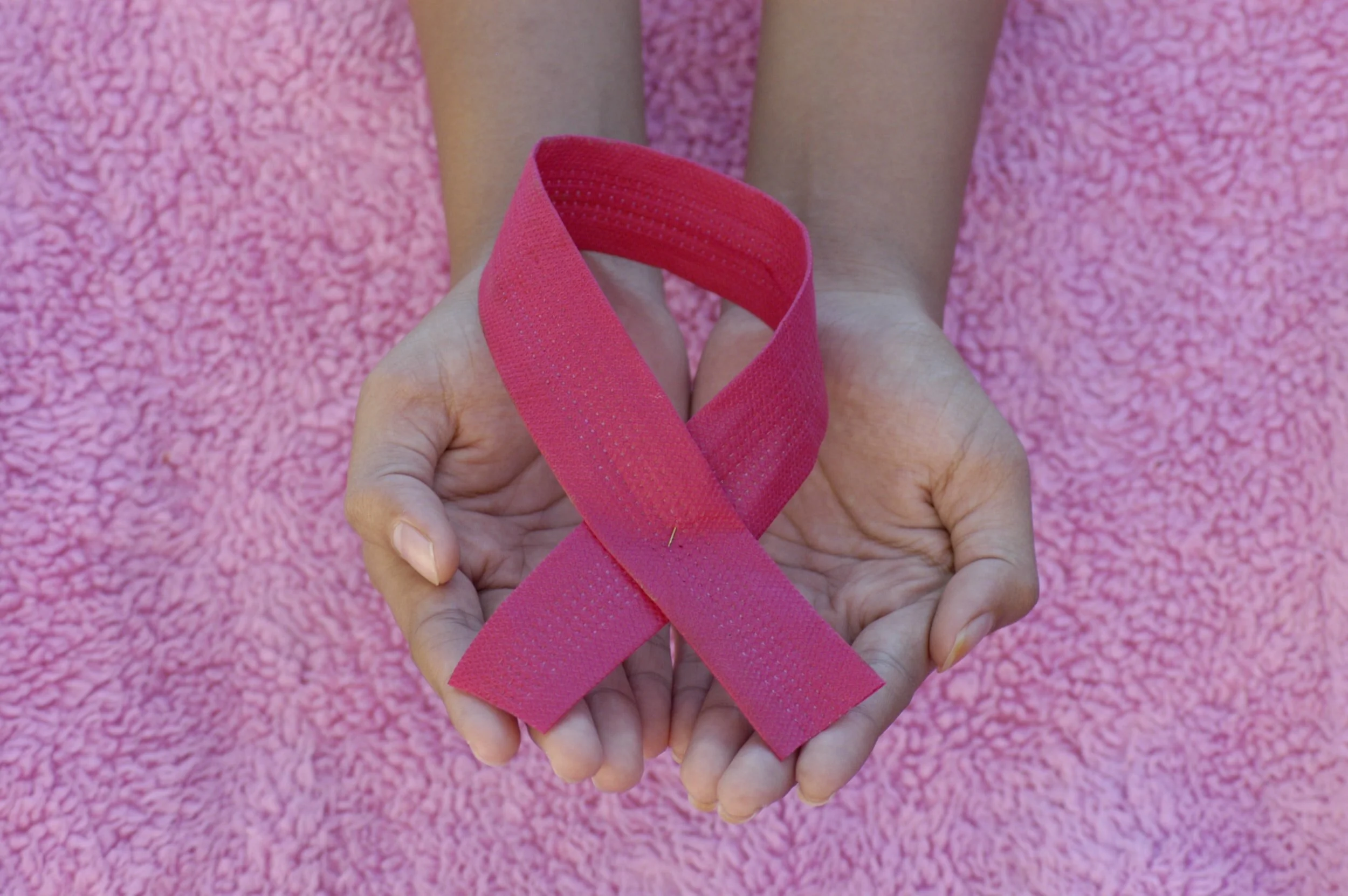Conquering Cancer with Synthetic Biology
Imagine a future where most cancers are prevented or even cured, where there is universal access to early detection and treatment, and where most (all?) cancer patients can expect to live cancer-free without trading the quality of life for length of life. At iGEM, teams are working to create such a future using the tools of synthetic biology. Check out these examples:
Rice_University 2008 (United States) introduced a biosynthetic pathway in yeast for Resveratrol, a phytochemical in plants that prevents cancer and other maladies. Finalist, Best Presentation, Gold Medal, Undergrad Division.
Heidelberg 2008 (Germany) aimed to develop a biological machine that is able to detect and specifically kill pathogens or even cancer cells. Best Human Practices Advance, Best Poster, Best Presentation, Gold Medal, Undergrad Division.
Warsaw 2009 (Poland) engineered a bacteria-based vector for delivery of DNA and proteins to the cytoplasm of cancer cells. Silver Medal, Undergrad Division.
UCSF 2010 (United States) created a synthetic device to improve the specificity and efficiency of natural killer cells that could improve cell-based immunotherapy for cancer patients. Gold Medal, Undergrad Division.
BYU_Provo 2011 (United States) modified bacteria that could act as an effective biosensor for colorectal cancer using a molecular AND gate sensitive to heat and reactive oxygen species. Advance to Championship, Gold Medal, Undergrad Division.
HKUST-Hong_Kong 2012 (Hong Kong) engineered B. subtilis to recognize and kill colon carcinomas. Advance to Championship, Gold Medal, Undergrad Division.
Nanjing_China_Bio 2012 (China) genetically modified Salmonella bacteria to more efficiently target tumors and express anti-cancer drugs. Silver Medal, Undergrad Division.
TecMonterrey 2013 (Mexico) devised a bacterial cancer therapy involving four modules: toxicity, secretion, localized induction, and internalization. Grand Prize Winner (Latin America), Advance to Championship, Best Human Practices (Latin America), Best New BioBrick Part or Device - Engineered (Latin America), Best Presentation (Latin America), Gold Medal, Undergrad Division.
TOMS-Turkiye 2013 (Turkey) engineered the probiotic E. coli Nissle 1917 to secrete a cancer tracing protein and then produce the cancer killing protein apoptin. Gold Medal, Undergrad Division.
LIKA-CESAR-Brasil 2014 (Brazil) built a robotic system coupled to biosensors capable of detecting early stage breast cancer. Silver Medal, Undergrad Division.
ETH_Zurich 2015 (Switzerland) developed a bacterial signal processing system “MicroBeacons” for sensitive and selective single-cell detection of circulating tumor cells in blood samples. Best Model, Best Part Collection, Nominated for Best Health and Medicine Project, Gold Medal, Overgrad Division.
BGU_Israel 2015 (Israel) designed a synthetic machine that can distinguish individual cancer cells from healthy tissue. Best Health and Medicine Project, Best New Basic Part, Best Part Collection, Gold Medal, Overgrad Division.
NUS_Singapore 2016 (Singapore) engineered a synthetic bacterial “radar system” that diagnoses, locates and invades a broad range of human cancers. Nominated for Best Diagnostics Project, Gold Medal, Undergrad Division.
TEC-Costa_Rica 2016 (Costa Rica) developed a bacterial-based system “Prostal” to detect prostate cancer from a urine sample. Silver Medal, Undergrad Division.
TU-Eindhoven 2017 (The Netherlands) engineered “GUPPI: Gelation Using Protein Protein Interactions” - that can encapsulate cancerous tissue to prevent metastasis in an early stage. Gold Medal, Nominated for Best New Application Project, Undergrad Division.
UPF CRG Barcelona 2018 (Spain) developed “Gargantua” - a genetically engineered probiotic that could block the uptake of long chain fatty acids, thereby reducing the chances of metastasis by 50%. Gold Medal, Nominated for Best Therapeutics Project, Best Model, Best Measurement, and Best New Composite Part, Undergrad Division.
IISER_Tirupati 2019 (India) developed “CocaColi” - a probiotic targeted immunotherapy for colon cancer. Gold Medal, Undergrad Division.
CSMU_Taiwan 2020 (Taiwan) designed “miRNA.DOC” - a Detection method of Oral Cancer, using miRNA as biomarkers. Nominated for Best Diagnostics Project, Gold Medal, Undergrad Division.
SDU-Denmark 2020 (Denmark) engineered “PROSTATUS” - a biological system that uses guide RNAs to target biomarkers found in urine for early detection of prostate cancer. Best Hardware, Best Wiki, Nominated for Best Diagnostics Project, Gold Medal, Overgrad Division.
ZJU-China 2021 (China) developed “ViruGuard” - an engineered oncolytic virus to selectively kill hepatocellular carcinoma cells. TOP 10, Best Therapeutics Project, Best Software Tool, Best New Basic Part, Best Safety & Security, Gold Medal, Undergrad Division.
British Columbia 2021 (Canada) engineered “DetecTME” - a bacterial platform that can assess on tumor immune status in vivo, and generate a reporter that can be easily retrieved in urine. Nominated for Best Diagnostics Project, Gold Medal, Undergrad Division.
Patras Medicine 2022 (Greece) developed “syn-PNOIA” - a non-invasive diagnostic tool for detecting early stage NSCLC (non-small cell lung cancer). Best Diagnostics Project, Best Wiki, Gold Medal, Undergrad Division.
McGill 2023 (Canada) engineered “Proteus”, a modular system of chimeric fusion proteins that kills cancer cells while sparing healthy cells that could expand the treatment options for pancreatic cancer patients. Grand Prize Winner, TOP 10, Best Therapeutics Project, Best Part Collection, Best Part Collection, Best Presentation, Gold Medal, Undergrad Division.
We are proud of these and all iGEM teams that have worked to conquer cancer using the tools of synthetic biology, and can’t wait to see the advances made by the 2024 teams in the Oncology Village!
See the latest synthetic biology approaches for oncology at the 2024 Grand Jamboree Oncology Village.
iGEM Teams should submit final Village selections by June 21, 2024. competition.igem.org/deliverables/village-selection
Related blog posts:
Cover photo by National Cancer Institute on Unsplash










